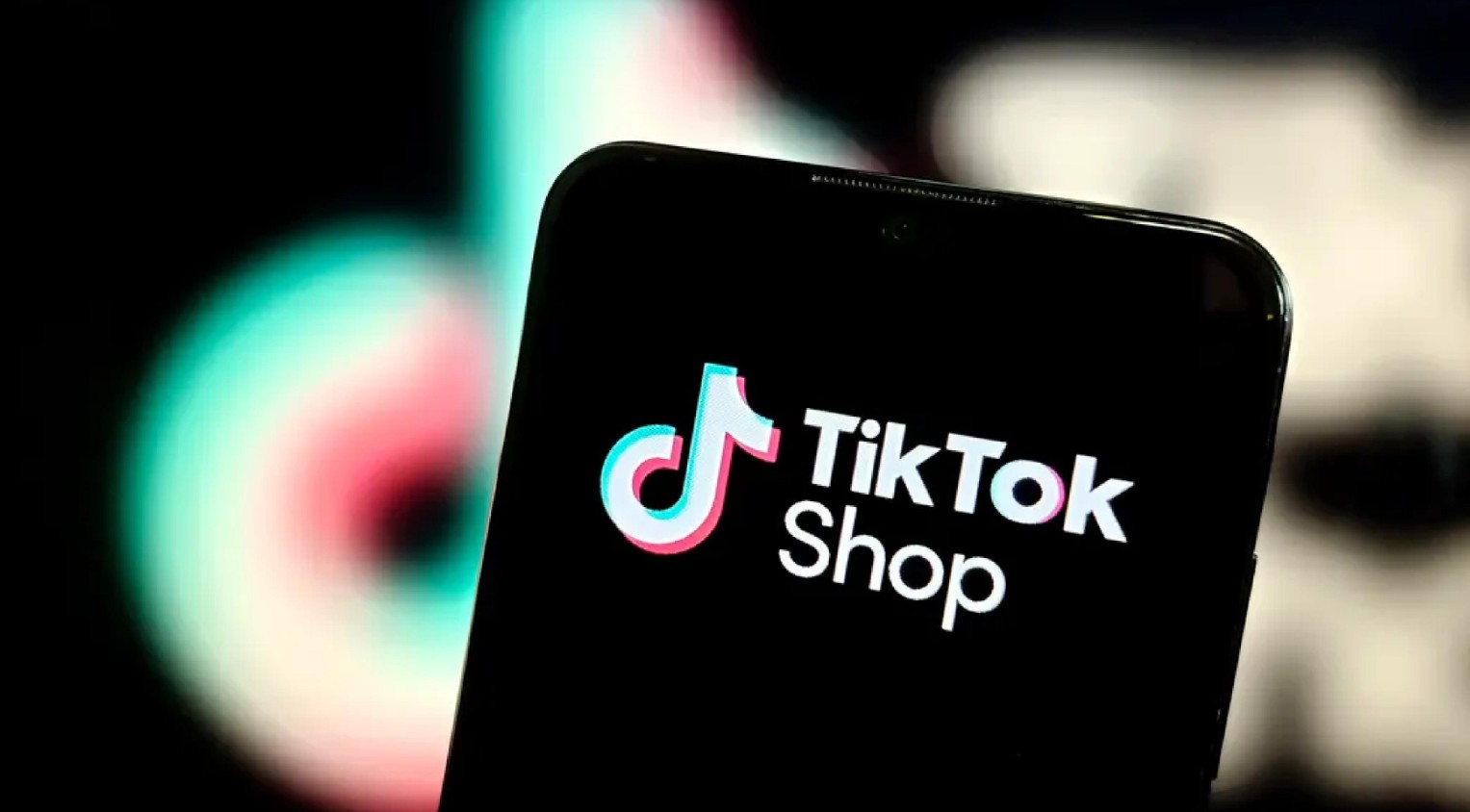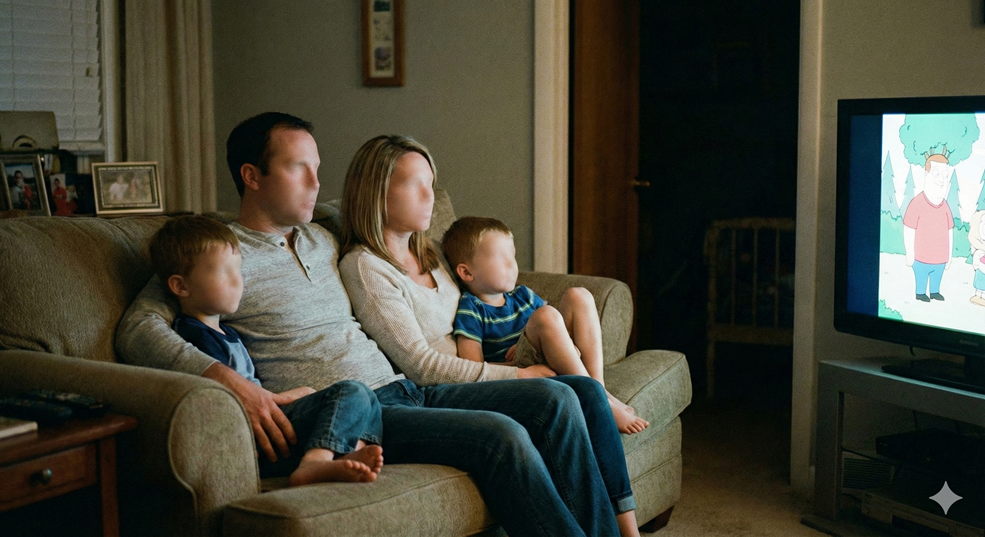Hot Tub became iPhone’s first native porn app last week, launching in the EU through AltStore PAL under the EU’s Digital Markets Act (DMA).
Designed to curtail Big Tech’s monopoly and foster fair competition, the DMA forces Apple to allow third-party app stores on its devices, upending more than a decade of tightly controlled access.
Apple isn’t pleased. ‘We are deeply concerned about the safety risks that hardcore porn apps of this type create for EU users, especially kids,’ the company told Forbes. The company’s carefully crafted brand image, built on premium pricing and trust in its curated environment, is now under threat, as the DMA weakens platforms’ control over content.
Now Hot Tub’s arrival spotlights the DMA’s impact on Apple’s control over app distribution. As alternative app stores gain traction, will this shift offer media planners new opportunities? Or will fragmentation and regulatory uncertainty present more risk than reward?
Apple’s grip loosens
For years, Apple maintained strict control over its app marketplace, banning apps featuring adult content from the official App Store to protect its brand image and user trust.
Now designated as a ‘gatekeeper’ under the DMA, Apple must now allow sideloading through third-party platforms like AltStore PAL. AltStore PAL only requires apps to pass Apple’s basic notarisation process, which includes checks for issues like malware, security vulnerabilities and code integrity — not content restrictions.
Shane Gill, head of business operations at AltStore, spoke to MediaCat about how this change has impacted the platform: ‘The DMA has dramatically changed our ability to scale and distribute apps. Prior to the DMA, there was no way to officially distribute apps anywhere except Apple’s own App Store, but now with the DMA in effect, we’ve been allowed to turn AltStore into a legitimate alternative for developers and users.’
On paper, the DMA promises increased competition, lower fees for developers, and broader consumer choice, and media planners stand to benefit from fresh ad inventory and new avenues for reaching engaged audiences. But critics warn that this newfound freedom could come at a cost.
Fragmentation or opportunity for media planners?
‘Yes, alternative app stores are now available on iOS,’ Eric Seufert, an investor and expert on mobile marketing, writes, ‘but they’ve always been available on Android and have mostly failed to gain traction.’ For media planners, this could mean dealing with inconsistent ad standards, limited tracking across platforms, and challenges in scaling campaigns efficiently.
Seufert’s concerns also tie into a broader regulatory narrative. The DMA has faced criticism for targeting American companies under the guise of promoting competition. As highlighted in recent policy discussions, some experts argue that the DMA’s aggressive stance has more to do with penalising US tech giants than creating real benefits for consumers.
Seufert describes the DMA as ‘heavy-handed and paternalistic,’ warning that it could backfire by creating operational inefficiencies and fragmented ad environments.
However, alternative app stores could also offer niche advantages. Gill highlights that AltStore provides developers with more favourable rates compared to Apple’s App Store. ‘This gives advertisers the opportunity to run campaigns at a smaller scale in a more cost-effective way before widening their reach,’ he said.
The appeal of high-intent, engaged users could drive experimentation, but planners will need to closely monitor ad performance in fragmented landscapes.
What planners should watch out for next
As Apple’s ability to gatekeep diminishes, media planners must rethink their strategies for more unpredictable ecosystems. Success will require agility and a willingness to adapt to environments without uniform ad policies or reporting standards.
Epic Games is one company taking advantage of the shifting landscape. The video game publisher has invested in AltStore PAL — via a ‘MegaGrant’ awarded for ‘innovation in app distribution’ — as part of strategic efforts to weaken Apple’s control. It has also created its own alternative app store, which offers developers a lower 12% commission compared to Apple’s 30%, a cost-saving measure that could potentially benefit advertisers and echoes Gill’s thoughts on more affordable campaign options.
However, as Seufert notes, ‘the developer is incentivised to maximise revenue by setting prices at whatever level produces the most absolute revenue.’ This suggests that the cost advantages for advertisers may vary depending on the platform and developers’ pricing strategies.
Planners should also keep a close eye on the EU’s regulatory consistency, or lack thereof. ‘With American CEOs falling over themselves to please Donald Trump, concerns have been growing that a protectionist president might punish Europe for targeting US companies with the DMA.’ Robert Wildner, CEO and co-founder of mobile marketing firm AVOW GmbH, writes.
The EU appears to be reassessing its strict compliance probes into Apple, Google, and Meta. Any backtracking on enforcement could disrupt the intended balance of power and leave alternative app ecosystems fragmented or short-lived.

























